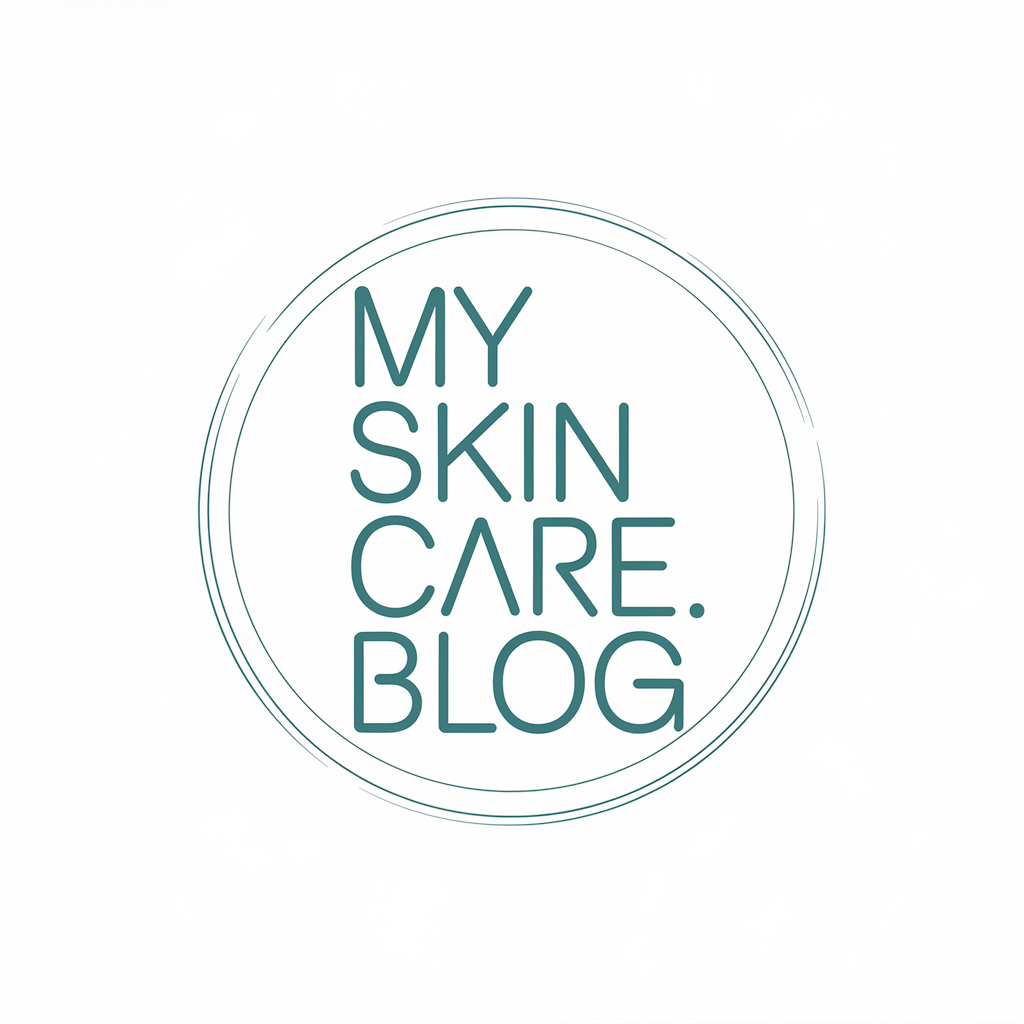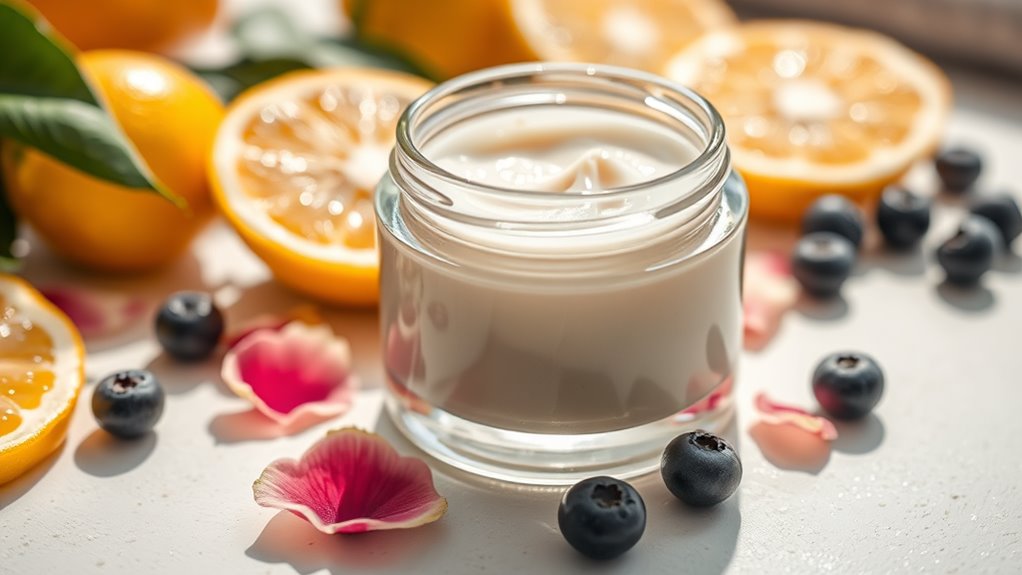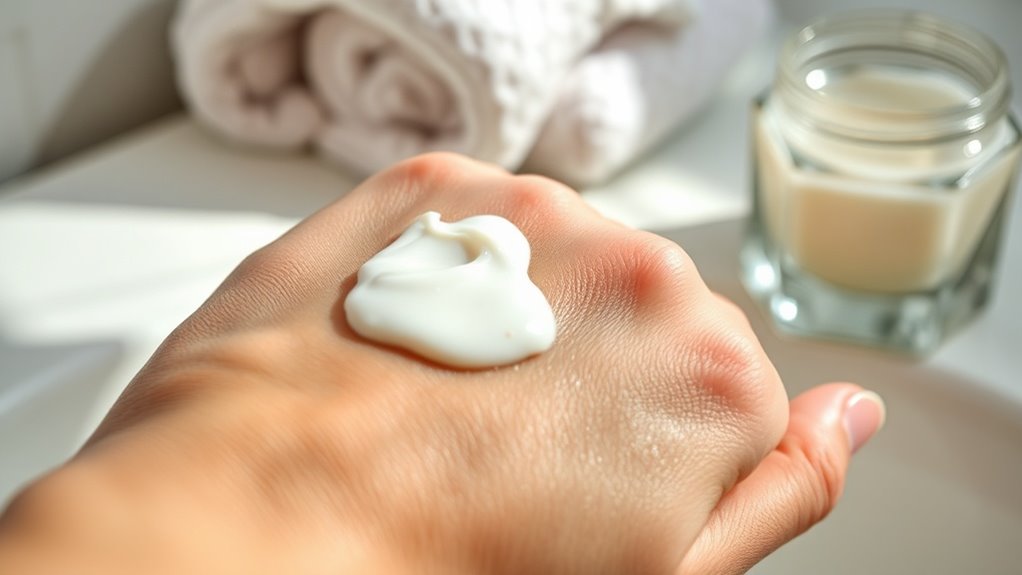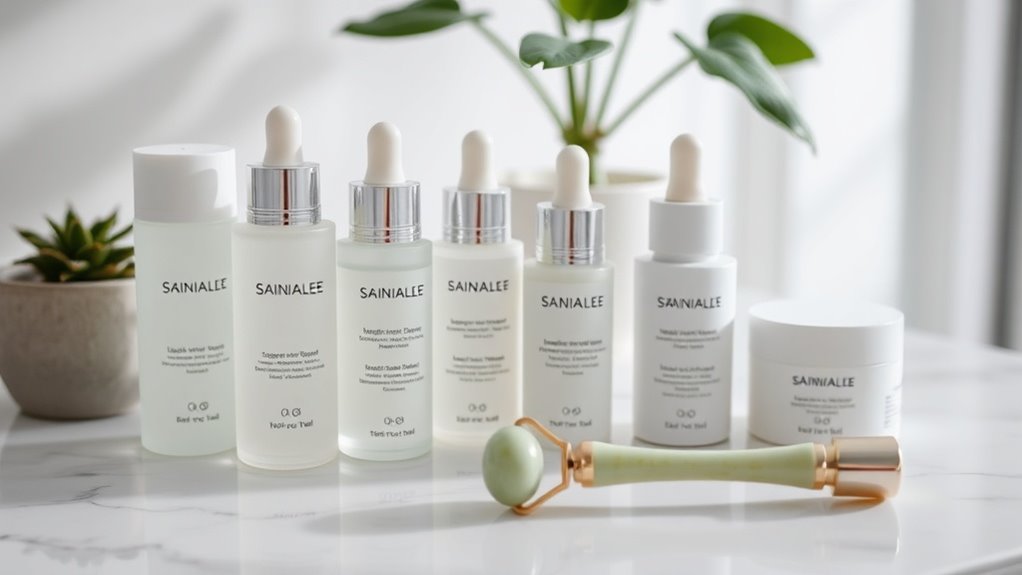What Actually Works for Dark Spots (Tried and Tested)
To effectively combat dark spots, consider tried-and-true treatments like hydroquinone, Vitamin C, and niacinamide, which are proven to lighten hyperpigmentation. Retinoids can boost skin cell turnover, while professional methods like laser therapy or chemical peels yield significant results. Don’t underestimate natural remedies like licorice extract, but manage expectations, as they typically work slowly. Daily sunscreen use is critical in prevention. Interested in more options and tips for treating dark spots? There’s plenty more to explore!
Understanding Dark Spots: Causes and Types
Dark spots, often referred to as hyperpigmentation, can result from various factors affecting your skin.
Sun exposure, hormonal changes, and certain medications can contribute to their development.
Understanding the different types, such as lentigines and melasma, helps you identify an effective dark spot solution.
Effective Over-the-Counter Treatments
Several effective over-the-counter treatments can help reduce the appearance of dark spots and improve skin tone.
Ingredients like hydroquinone, vitamin C, and niacinamide have been shown to lighten hyperpigmentation.
Additionally, retinoids promote skin cell turnover, enhancing results over time.
Always apply sunscreen daily, as UV exposure can worsen dark spots and counteract treatment efforts.
Consistency is key for optimal outcomes.
Professional Treatments: What to Consider
When considering professional treatments for dark spots, what options are truly effective?
Laser therapy and chemical peels stand out due to their ability to target pigmentation deeply.
Microdermabrasion also improves skin texture and tone.
Before proceeding, evaluate your skin type and any sensitivities.
Consult with a dermatologist to determine the best treatment plan tailored specifically to your needs.
Natural Remedies: Do They Really Work?
Are natural remedies effective in treating dark spots, or are they merely wishful thinking?
Evidence suggests that certain remedies, like vitamin C and licorice extract, may reduce pigmentation. However, results can vary, and these treatments often work slowly.
While they can complement professional options, relying solely on them mightn’t yield significant improvement. Consider them as part of a broader treatment strategy.
Lifestyle Changes for Prevention and Management
Natural remedies can be a helpful addition to your skincare routine, but they aren’t the only approach to managing dark spots.
Incorporating lifestyle changes is crucial. Protect your skin with daily sunscreen, maintain a balanced diet rich in antioxidants, and stay hydrated.
Avoid smoking and limit alcohol to reduce skin damage. Regular exercise can improve blood circulation, enhancing overall skin health and appearance.





